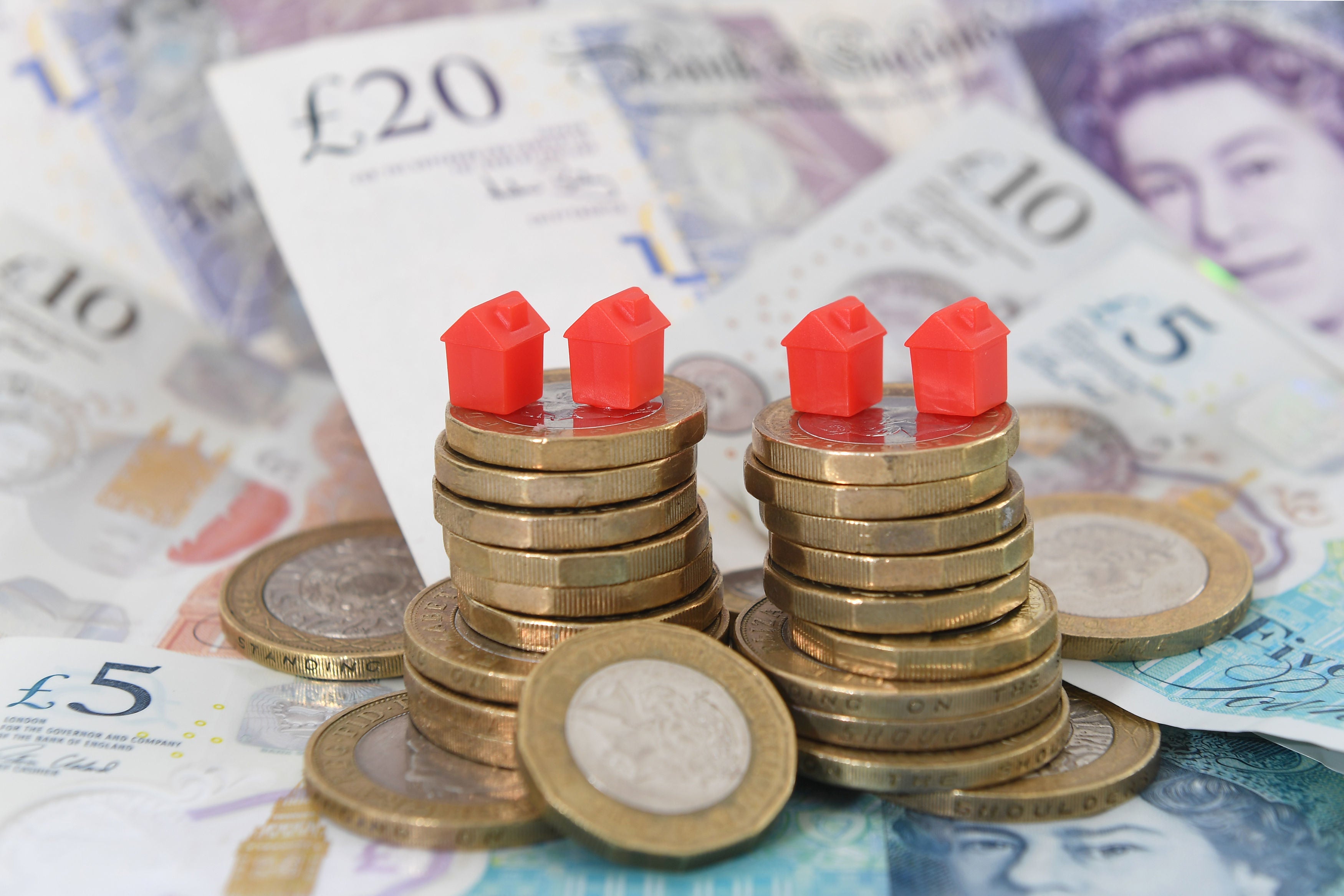House prices surged 7 per cent in 2020 but experts warn of sharp slowdown in property market
Stamp duty cut and pandemic have encouraged more people to move home, says Nationwide

House prices rose by 7.3 per cent this year as the coronavirus pandemic prompted thousands of homeowners to seek larger properties with space to work from home and gardens.
After the property market was largely closed in April and early May, sales rose sharply, helped by raising of the stamp duty threshold to £500,000, according to building society Nationwide.
The average sold price reached £230,920 in December, up 0.8 per cent on the previous month. Despite the economic turmoil caused by Covid-19, annual house price growth was the fastest since 2014.
Experts warned that current price levels, which come in the context of low mortgage interest rates, are not sustainable.
House prices are likely to come under “mounting near-term pressure as the economy is hampered by pandemic-related restrictions, while there may well still be a significant rise in unemployment despite the furlough scheme being extended until April”, said Howard Archer, chief economic advisor to the EY Item Club.
“Meanwhile, earnings growth looks likely to be limited,” he added
He forecasted a 5 per cent drop in average prices next year but said the chancellor could choose to support prices by extending the stamp duty threshold increase which is due to expire on 31 March.
All regions in England saw prices rises of between 5 per cent and 9 per cent this year, Nationwide found.
In the outer southeast region, which includes cities such as Brighton, Southampton and Oxford, prices were up 8 per cent following a 1 per cent decline in 2019.
The neighbouring outer metropolitan region, which includes places such as Slough, Guildford, Crawley and Chelmsford, was the weakest performing English region, but still saw prices rise by 5.6 per cent over the year.
Meanwhile, London saw a 6.2 per cent increase, with average prices reaching their highest ever at £486,562.
In the northwest and Yorkshire & Humberside, where annual price growth increased to 8 per cent and 7.7 per cent, respectively.
Wales saw prices rise by 6.6 per cent, whilst Northern Ireland saw a 5.9 per cent increase. Scotland saw the weakest growth of the home nations, with prices only up 3.2 per cent in 2020
Data from the Bank of England also indicate that the property market is booming. Mortgage approvals for house purchases accelerated for a fifth month running in October to 97,532 – the most since August 2007, shortly before the housing market crashed.
The latest monthly figure was up from 92,091 in September, 85,704 in August and 67,433 in July.
Robert Gardner, Nationwide’s chief economist, said government support and a flow of cheap borrowing had helped to push house prices higher but the outlook is now “highly uncertain”.
“The furlough and Self Employment Income Support schemes provided vital support for the labour market, while a host of measures helped to keep down the cost of borrowing and keep the supply of credit flowing," he said.
“The stamp duty holiday also stimulated housing demand, by bringing forward peoples’ home-moving plans. Lenders also responded by offering payment holidays to borrowers impacted by the pandemic, helping people stay in their homes rather than potentially being forced to sell.”
He added: “Housing market activity is likely to slow in the coming quarters, perhaps sharply, if the labour market weakens as most analysts expect, especially once the stamp duty holiday expires at the end of March.”
Subscribe to Independent Premium to bookmark this article
Want to bookmark your favourite articles and stories to read or reference later? Start your Independent Premium subscription today.

Join our commenting forum
Join thought-provoking conversations, follow other Independent readers and see their replies